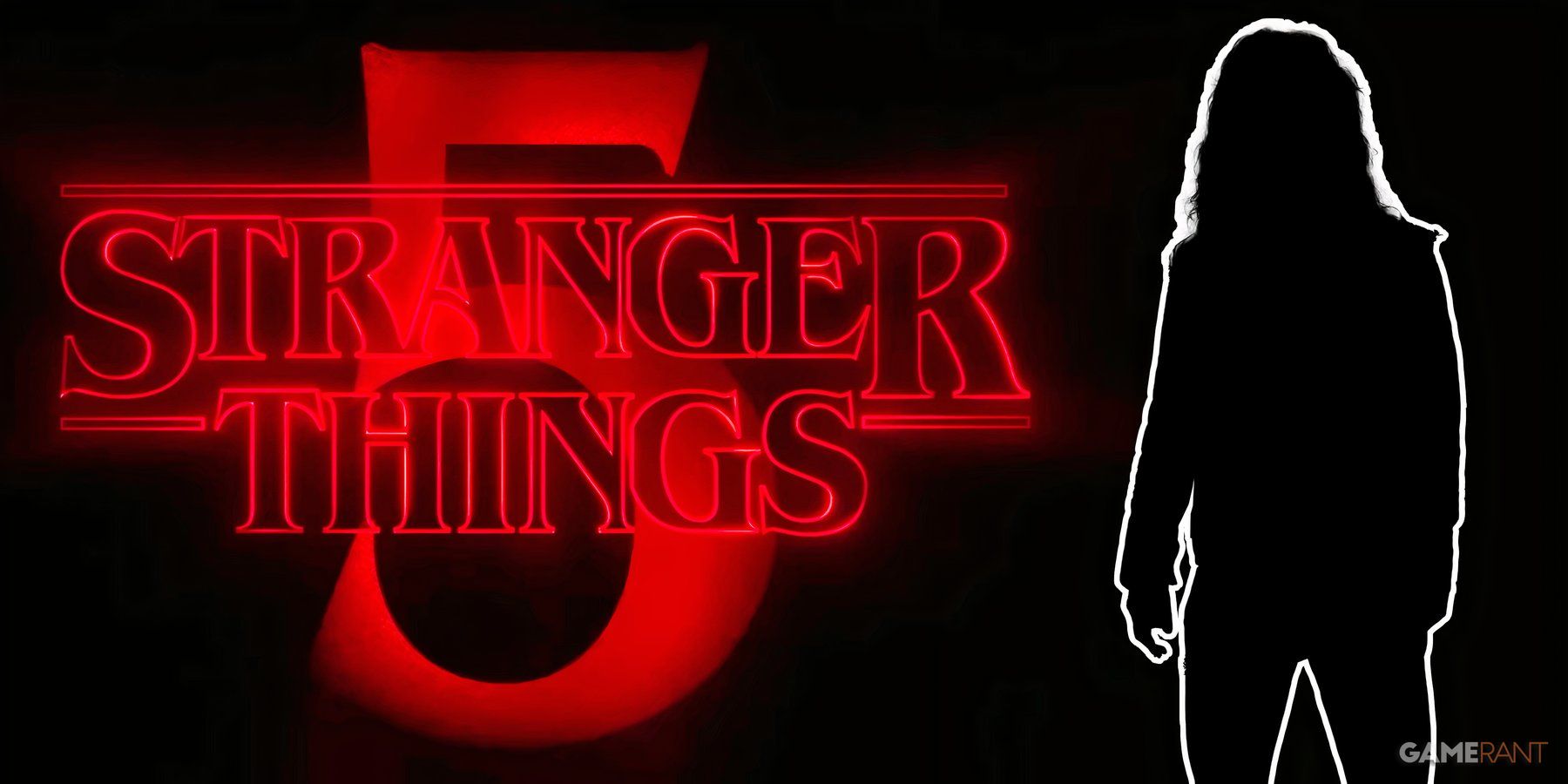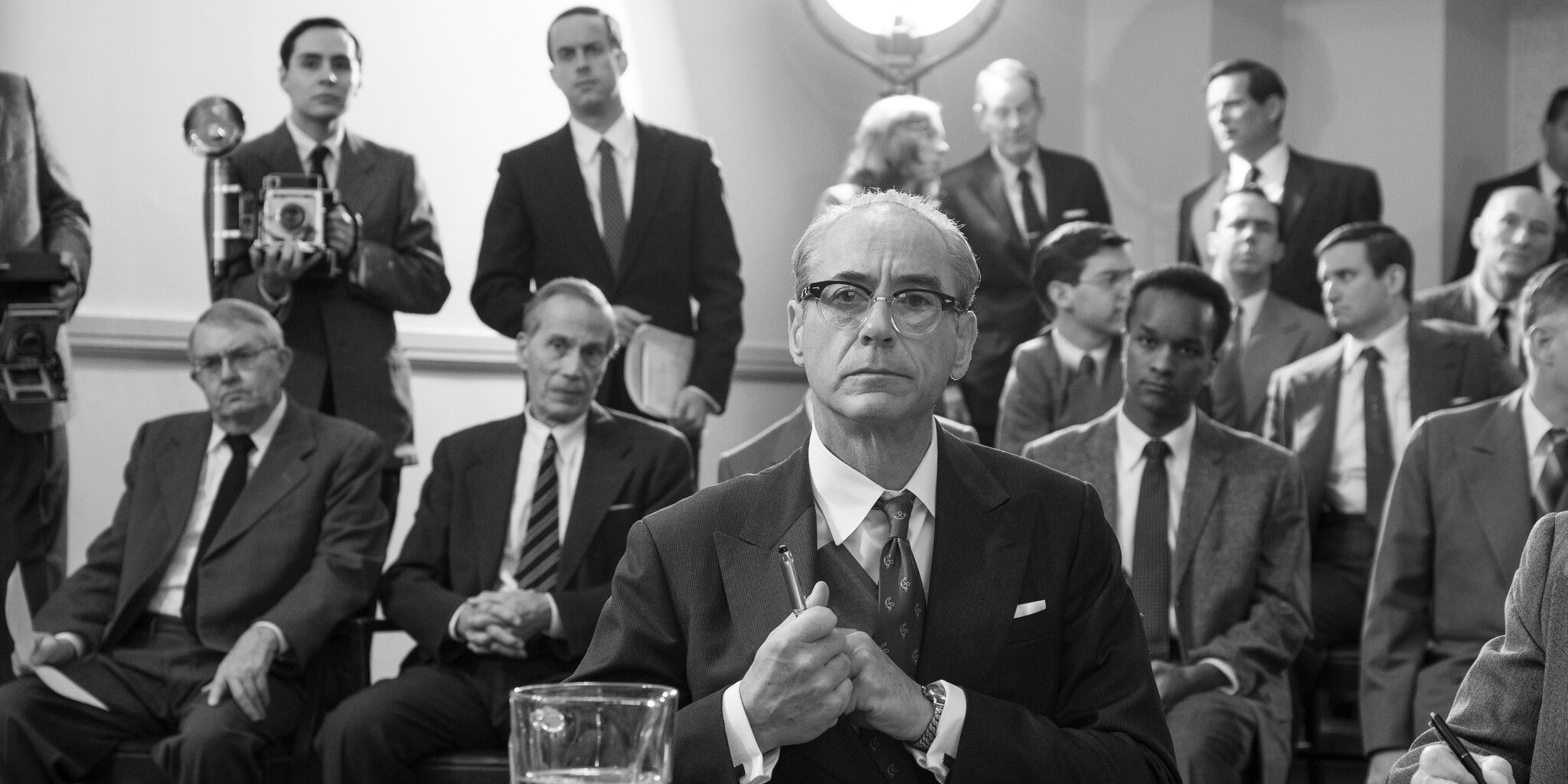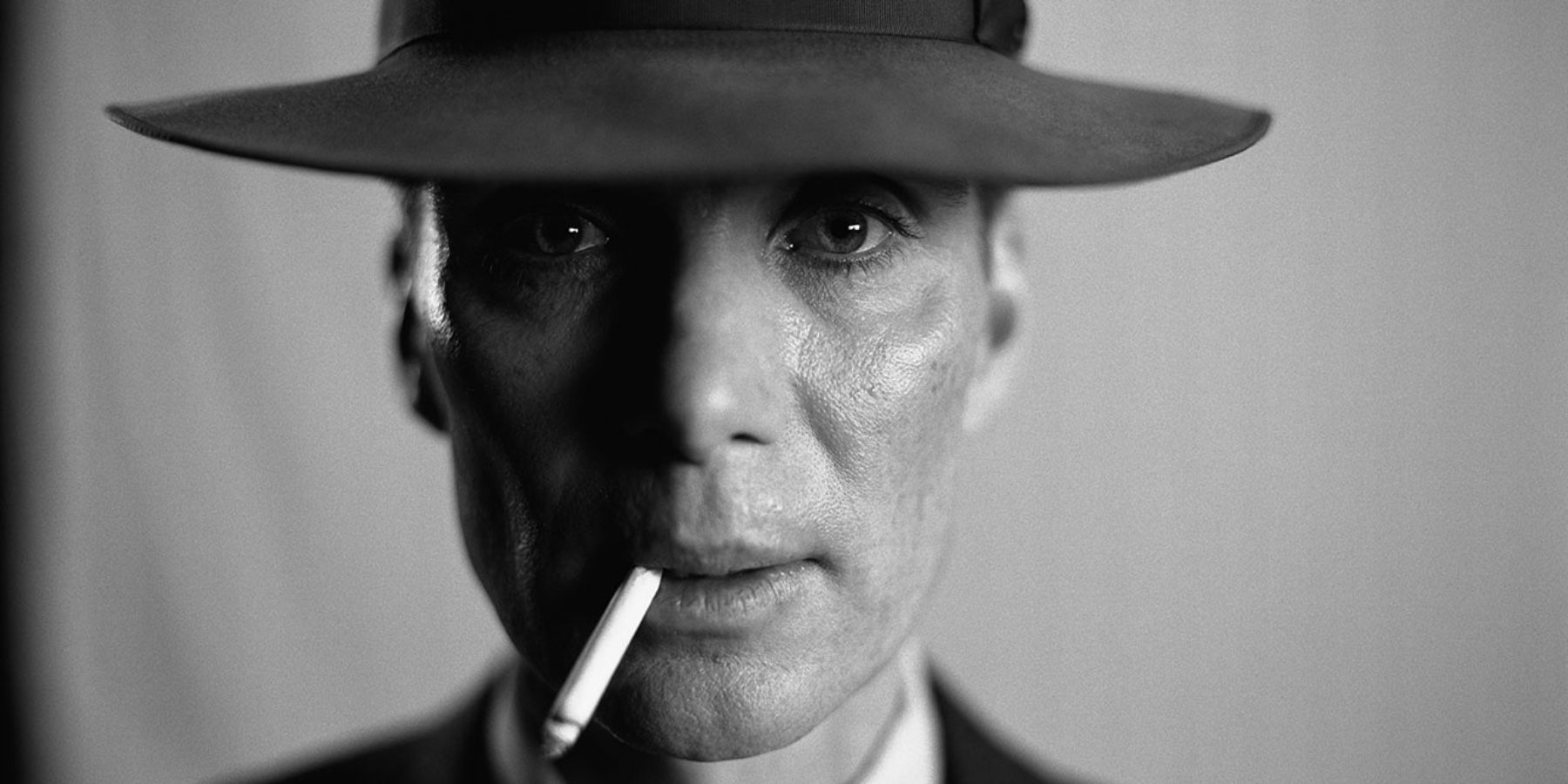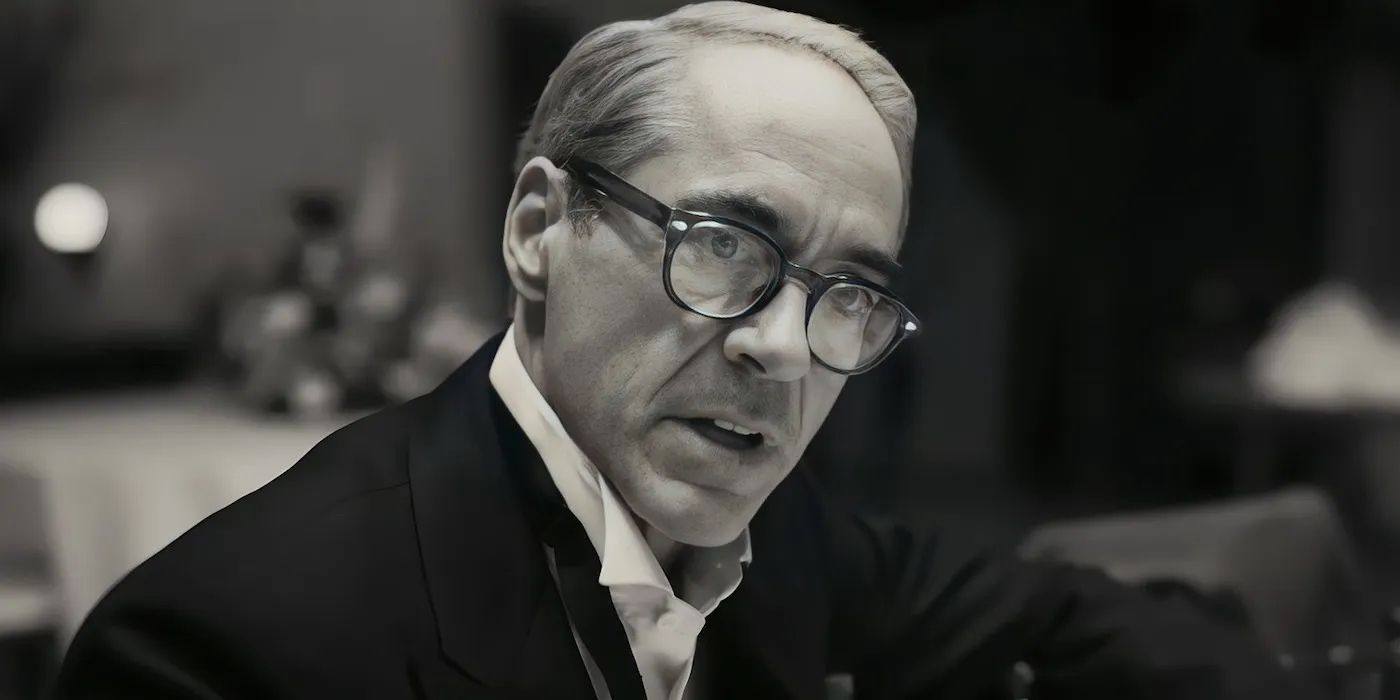“We knew the world would not be the same,” said J. Robert Oppenheimer in a 1965 interview about the first time he tested the nuclear bomb in 1945. Based on the Pulitzer Prize-winning biography by Martin Sherwin and Kai Bird, titled American Prometheus: The Triumph and Tragedy of J. Robert Oppenheimer, Christopher Nolan’s upcoming biographical thriller film is set to release on July 21, 2023. What he describes to be one of his “most challenging projects”, Oppenheimer stars Cillian Murphy as the titular character, who helmed the creation of the first atomic bomb, which ultimately proved to be his own undoing.
Nolan reveals that he was inspired to make the film when he came to know that, just before the detonation of the first nuclear bomb, the scientists were aware that pushing the button could possibly destroy the planet — but they did it anyway. “I wanted to be there with them in that room and see what that would have been like,” he stated at Comic-Con. The star-studded cast also includes Emily Blunt, Matt Damon, Josh Hartnett, Casey Affleck, Florence Pugh, Rami Malek, Benny Safdie, Kenneth Branagh and Robert Downey Jr., in his first major role that isn’t Tony Stark.
What Is Oppenheimer About?
Nolan’s first film under Universal Pictures chronicles the life and work of the theoretical physicist Oppenheimer, who is commonly referred to as ‘the father of the atomic bomb’ — an honor that he came to regret later on. The controversial scientist was one of the most important figures of the 20th century, who made notable contributions to astrophysics, theoretical astronomy, quantum field theory and, of course, nuclear physics. He initially taught at Berkeley from 1929 to 1943, and did not actively participate in politics until the rise of Adolf Hitler. After Germany invaded Poland in 1939, the physicists Albert Einstein, Eugene Wigner and Leo Szilard warned the U.S. government about the dire consequences of the Nazis developing the nuclear bomb first.
As a result, President Franklin D. Roosevelt officially signed off on the making of the atomic bomb in 1941, and the government was given the responsibility of assembling a team of physicists for what came to be known as the Manhattan Project. Oppenheimer was appointed as the scientific director of this top-secret operation. After he chose the location of Los Alamos in New Mexico, the U.S. Army went on to build a series of laboratories there. With a team of several thousand top-tier scientists, Oppenheimer was ready to test the atomic bomb just three years after the project began. Codenamed ‘Trinity’, the first nuclear explosion successfully erupted in 1945. In a televised interview, Oppenheimer famously said that this moment had reminded him of a sacred Hindu text, which stated: “Now I am become Death, the destroyer of worlds” — a quote that fittingly defined his paradoxical legacy.
Barely a month later, the U.S. dropped two atomic bombs on the cities of Hiroshima and Nagasaki in Japan — thus, bringing an end to World War II. However, Oppenheimer was devastated about this, and openly expressed his disgust about the unnecessary use of the bomb the second time, feeling that there was “blood on [his] hands”. He went on to serve as the chairman of the General Advisory Committee of the Atomic Energy Commission from 1947 to 1952, opposing the development of a hydrogen bomb and calling for the strict regulation of nuclear weapons (especially to slow down the arms race with the Soviet Union). His stance led to many accusations of him being a communist, and he was eventually removed from service. Despite the loss of political influence, he continued to advocate for the international regulation of nuclear weapons.
Although the plot synopsis of Oppenheimer has not been fully revealed yet, the teasers and trailers seem to indicate that the film will showcase the scientist’s role in the Manhattan Project as well as his post-war efforts. The first trailer shows Oppenheimer orchestrating the creation of the atomic bomb: “Theory will only take you so far. I don't know if we can be trusted with such a weapon. But we have no choice.” Similarly, the second trailer opens with him recruiting scientists from all across the country, believing that the Nazis already started developing the atomic bomb 18 months earlier. It also includes glimpses of his U.S. security clearance hearings in 1945. The trailer concludes with a short speech: “I can perform this miracle. The world will remember this day. Our work here will ensure a peace mankind has never seen.”
Nolan shared with Variety that “everything is told from Oppenheimer’s point of view”, and “this is a story that you experience with him — you don’t judge him. You are faced with these irreconcilable ethical dilemmas with him.”
Who Is Robert Downey Jr. Playing in Oppenheimer?
Among the massive ensemble of Oppenheimer, Downey plays the role of Lewis Strauss, one of the less heralded (yet just as significant) figures involved in the development of the atomic bomb. He serves as the chief antagonist of the film, who is a financier, naval officer and industrialist — later becoming the founding commissioner of the Atomic Energy Commission. He and Oppenheimer were on opposite sides of the debate surrounding the hydrogen bomb; even though Strauss also maintained that atomic energy should be used more responsibly — possibly as an alternate energy source to electricity — he believed that thermonuclear weapons would help combat the Soviet threat.
When Oppenheimer grew more vocal about the disastrous implications of developing such a weapon, Strauss declared him as a threat to national security and appealed to President Dwight D. Eisenhower that he “could not do the job at the AEC if Oppenheimer was connected in any way with the program”. He also played a prominent role in revoking Oppenheimer’s security clearance and pulling his credentials. The American physicist Robert Wilson, who also worked on the Manhattan Project, reportedly said, “Mr. Strauss was certainly one of the important people in the trial of Oppenheimer, and might have played a role that you would be able to associate with someone in the church at the time of Galileo”.
When talking about the dynamic between Oppenheimer and Strauss, Downey described the film as “a story of how small, imagined sleights between important people can have big impacts”.






